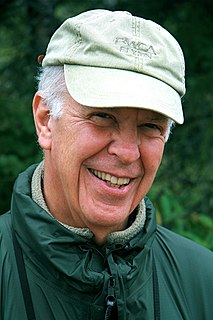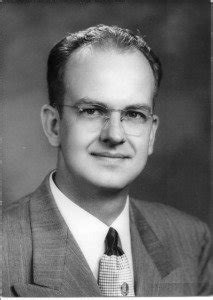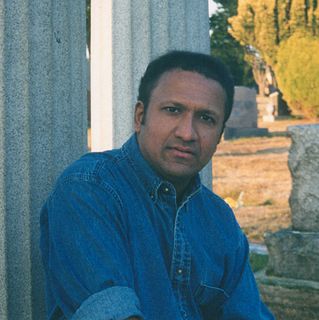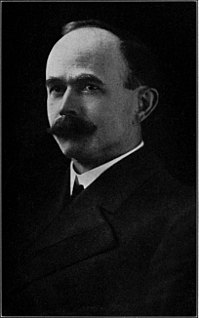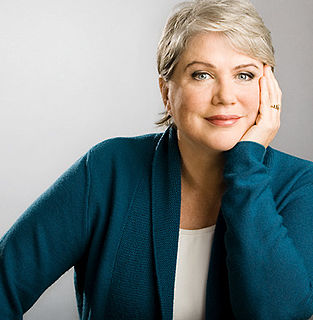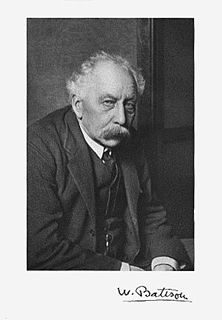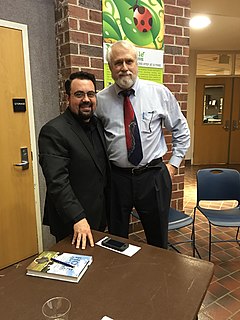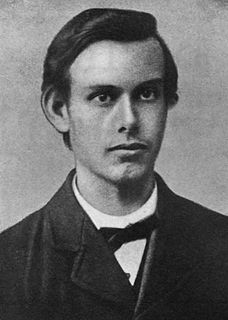Top 59 Agnosticism Quotes & Sayings
Explore popular Agnosticism quotes.
Last updated on April 14, 2025.
But lack of evidence, if indeed evidence is lacking, is no grounds for atheism. No one thinks there is good evidence for the proposition that there are an even number of stars; but also, no one thinks the right conclusion to draw is that there are an uneven number of stars. The right conclusion would instead be agnosticism.
I don't know whether God exists or not. ... Some forms of atheism are arrogant and ignorant and should be rejected, but agnosticism—to admit that we don't know and to search—is all right. ... When I look at what I call the gift of life, I feel a gratitude which is in tune with some religious ideas of God. However, the moment I even speak of it, I am embarrassed that I may do something wrong to God in talking about God.
What the world needs today is a definite, spiritual mobilization of the nations who believe in God against this tide of Red agnosticism. It needs a moral mobilization against the hideous ideas of the police state and human slavery. I suggest that the United Nations should be reorganized without the Communist nations in it. It is a proposal based solely upon moral, spiritual and defense foundations. It is a proposal to redeem the concept of the United Nations to the high purpose for which it was created. It is a proposal for moral and spiritual cooperation of God-fearing free nations. And in rejecting an atheistic other world, I am confident that the Almighty God will be with us.
The Fundamentalist Christians have told me that I am a slave of Satan and should have my demons expelled with an exorcism. The Fundamentalist Materialists inform me that I am a liar, charlatan, fraud and scoundrel. Aside from this minor difference, the letters are astoundingly similar. Both groups share the same crusading zeal and the same lack of humor, charity and common human decency. These intolerable cults have served to confirm me in my agnosticism by presenting further evidence to support my contention that when dogma enters the brain, all intellectual activity ceases.
Our ignorance of the cosmos is too vast to commit to atheism, and yet we know too much to commit to a particular religion. A third position, agnosticism, is often an uninteresting stance in which a person simply questions whether his traditional religious story (say, a man with a beard on a cloud) is true or not true. But with Possibilianism I’m hoping to define a new position - one that emphasizes the exploration of new, unconsidered possibilities. Possibilianism is comfortable holding multiple ideas in mind; it is not interested in committing to any particular story.
Agnosticism, in fact, is not a creed, but a method, the essence of which lies in the rigorous application of a single principle. ... Positively the principle may be expressed: In matters of the intellect, follow your reason as far as it will take you, without regard to any other consideration. And negatively: In matters of the intellect, do not pretend that conclusions are certain which are not demonstrated or demonstrable.
The heart must be kept tender and pliable; otherwise agnosticism converts to skepticism. In such a case, the value of apologetics is voided, for apologetics is aimed at persuading doubters, not at refuting the defiant. He who demands a kind of proof that the nature of the case renders impossible, is determined that no possible evidence shall convince him.
For a time it seemed inevitable that the surging tide of agnosticism and materialism would sweep all before it. There were those who did not dare utter what they thought. Many thought the case hopeless and the cause of religion lost once and for ever. But the tide has turned and to the rescue has come - what? The study of comparative religions. By the study of different religions we find that in essence they are one.
Death makes me realize how deeply I have internalized the agnosticism I preach in all my books. I consider dogmatic belief and dogmatic denial very childish forms of conceit in a world of infinitely whirling complexity. None of us can see enough from one corner of space-time to know "all" about the rest of space-time.
I do believe in God, but I think it's very healthy for a believer to spend time in the pragmatism of agnosticism, and I think God appreciates agnostics trying to make a science of it and going, "I will not believe any further than that." I enjoy that kind of engineering mind. In no way did it ever feel blasphemous to me as a man of faith.
People are invariably surprised to hear me say I am both an atheist and an agnostic, as if this somehow weakens my certainty. I usually reply with a question like, “Well, are you a Republican or an American?” The two words serve different concepts and are not mutually exclusive. Agnosticism addresses knowledge; atheism addresses belief. The agnostic says, “I don't have a knowledge that God exists.” The atheist says, “I don't have a belief that God exists.” You can say both things at the same time. Some agnostics are atheistic and some are theistic.
This deep agnosticism is more than the refusal of conventional agnosticism to take a stand on whether God exists or whether the mind survives bodily death. It is the willingness to embrace the fundamental bewilderment of a finite, fallible creature as the basis for leading a life that no longer clings to the superficial consolations of certainty.
It is wrong for a man to say that he is certain of the objective truth of any proposition unless he can produce evidence which logically justifies that certainty. This is what Agnosticism asserts; and, in my opinion, it is all that is essential to Agnosticism. That which Agnostics deny and repudiate, as immoral, is the contrary doctrine, that there are propositions which men ought to believe without logically satisfactory evidence; and that reprobation ought to attach to the profession of disbelief in such inadequately supported propositions.
The truth is that my work - I was going to say my mission - is to shatter the faith of men here, there, and everywhere, faith in affirmation, faith in negation, and faith in abstention in faith, and this for the sake of faith in faith itself; it is to war against all those who submit, whether it be to Catholicism, or to rationalism, or to agnosticism; it is to make all men live the life of inquietude and passionate desire.
I just became a stronger agnostic, and then I started to realize that everyone who was saying they were agnostic really hadn't thought about it that much. Still, I went with agnosticism for a long, long time because I just hated to say I was an atheist -- being an atheist seemed so rigid. But the more I became comfortable with the word, and the more I read, it started to stick.
Failure to summon forth the courage to risk a nondogmatic and nonevasive stance on such crucial existential matters can also blur our ethical vision. If our actions in the world are to stem from an encounter with what is central in life, they must be unclouded by either dogma or prevarication. Agnosticism is no excuse for indecision. If anything, it is a catalyst for action; for in shifting concern away from a future life and back to the present, it demands an ethics of empathy rather than a metaphysics of fear and hope.
I've sworn off agnosticism, which I now call cowardly atheism. I've come to the position that in the complete absence of any supporting data whatsover for the persistence of the individual in some spiritual form, it is necessary to operate under the provisional conclusion that there is no afterlife and then be ready to amend that if I find out otherwise.
Agnosticism is a perfectly respectable and tenable philosophical position; it is not dogmatic and makes no pronouncements about the ultimate truths of the universe. It remains open to evidence and persuasion; lacking faith, it nevertheless does not deride faith. Atheism, on the other hand, is as unyielding and dogmatic about religious belief as true believers are about heathens. It tries to use reason to demolish a structure that is not built upon reason.
Obviously, if theism is a belief in a God and atheism is a lack of a belief in a God, no third position or middle ground is possible. A person can either believe or not believe in a God. Therefore, our previous definition of atheism has made an impossibility out of the common usage of agnosticism to mean "neither affirming nor denying a belief in God."
"Cynicism," like "heresy" and "heterodoxy" and "atheism" and "agnosticism" and "paganism" and "heathenism," is above all else a way for organized orthodoxy's caste of official censors to encyst and segregate and thus neutralize all contrarian forms of seeing and thinking, all (necessarily implicitly) prohibited and repressed ways of exercising disruptive and iconoclastic intuition and intellection (for to analyze and explain these things too openly is to give them publicity and potential cogency when the point is to asphyxiate them).









